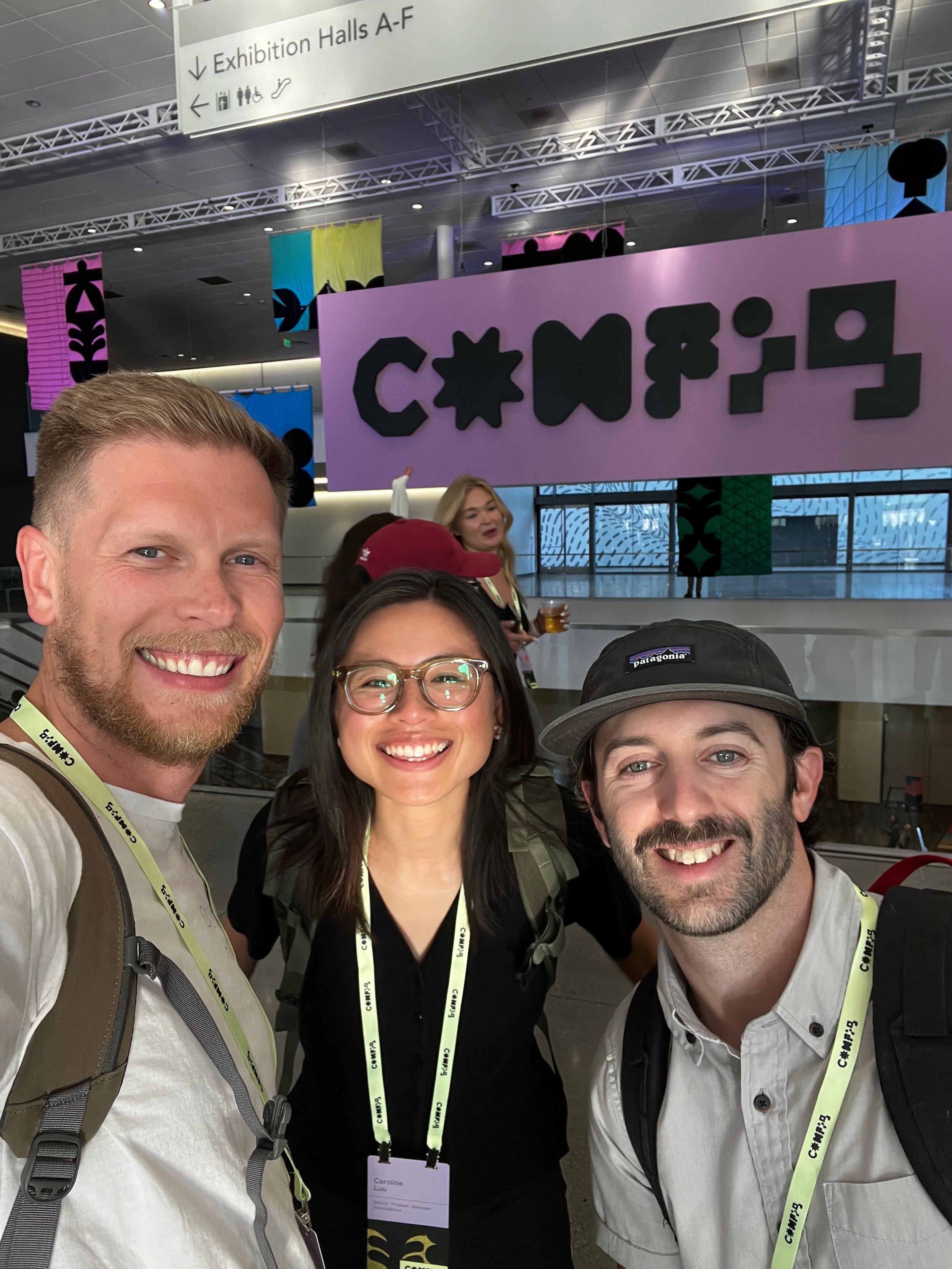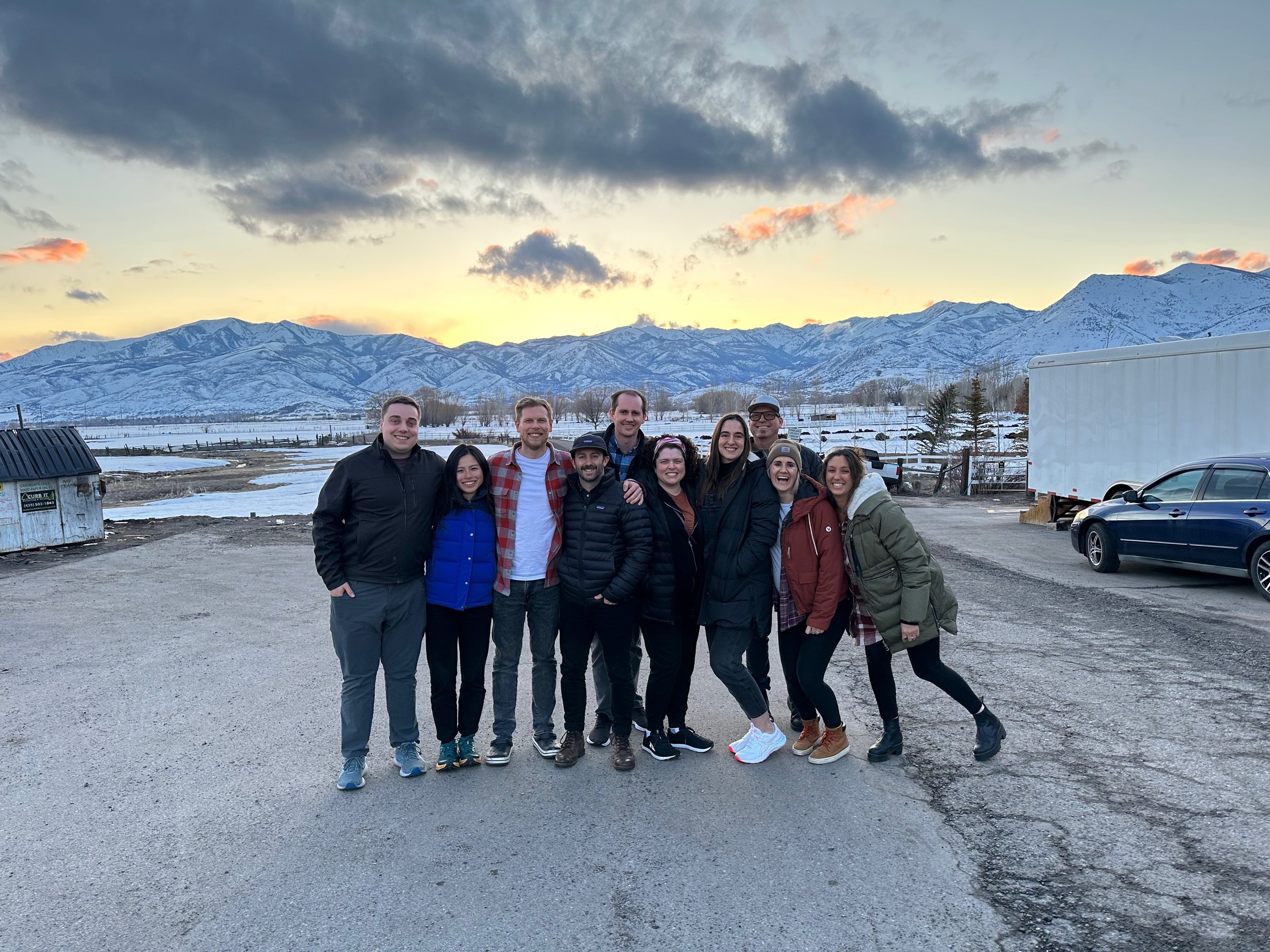Maturing Designers
Maturing Designers
Designers naturally spread empathy, collaboration, and intention because they focus on care.
A designer’s role is to empathize, so growing their skills, confidence, influence, and bandwidth are direct ways to elevate company culture, customer satisfaction, and cross-team collaboration.
Empowering designers to lead
Lessons as a (interim) UX Manager and lead in workshopping and strategy
-
Create a safe space for debate and help. Designers need to build persuasion and presentation skills to be heard. Practicing it in a weekly call where we build critique, play devil’s advocate, and smooth arguments helps designers speak up in other contexts.
-
Hold workshops to map user journeys, especially if there are many user types and technologies across teams.
Ask questions that encourage them to wonder what they don’t know yet. This is excellent for encouraging user research to gain deeper understanding.
-
Hold workshops that allow designers to see dependencies. Awareness across the product ecosystem allows designers to anticipate downstream effects.
Active demos of your work. This encourages designers to collaborate or at least see where their experiences touch, catching errors that could impact effectiveness.
-
Provide support and back-up for strategic conversations. “If you’re having trouble convincing or educating, you can add us to the call.”
Provide design system documentation so they can educate and build relationships. “This is our team’s source of truth. Does it align with our thinking?
Emphasize unity by sharing design team decisions and insights. “We the design team believe that this option is more effective because of [X].” “This also happens in [Y], and this is how the design team treats it here.”
-
Free up time and headspace by standardizing small decisions and creating templates when necessary. “For this type of problem, we have decided to do this.” “Use this workshop template when you want to lead a discussion.”
-
Support them in presentations by attending and hyping them up in the comments! This teaches stakeholders how we want to be treated, even if we don’t get a public thanks!
Led workshop to map user relationships to see how users connect in and out of our ecosystem. Designers saw how their users, and thereby, our teams, impact each other
Led retreat workshops to build collective understanding of our B2B2C product ecosystem which revealed key insights to areas for improvement and collaboration
Created templates so designers can lead product discussions and shape their team's culture and clarity
Created a weekly team ritual for debate to common problems and patterns that needed alignment. This built our bonds, design system, and how united and supported we felt when advocating for user and designer needs.
Shoutout to my teams for being open to wacky ideas
I feel fulfilled seeing people grow and excel. Creating safe and supportive environments creates empowered teams. These teams end up becoming our dare devils and champions for user experience.








